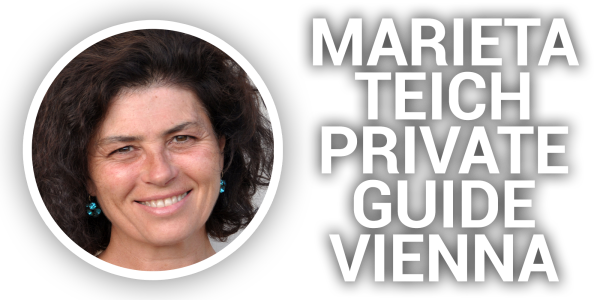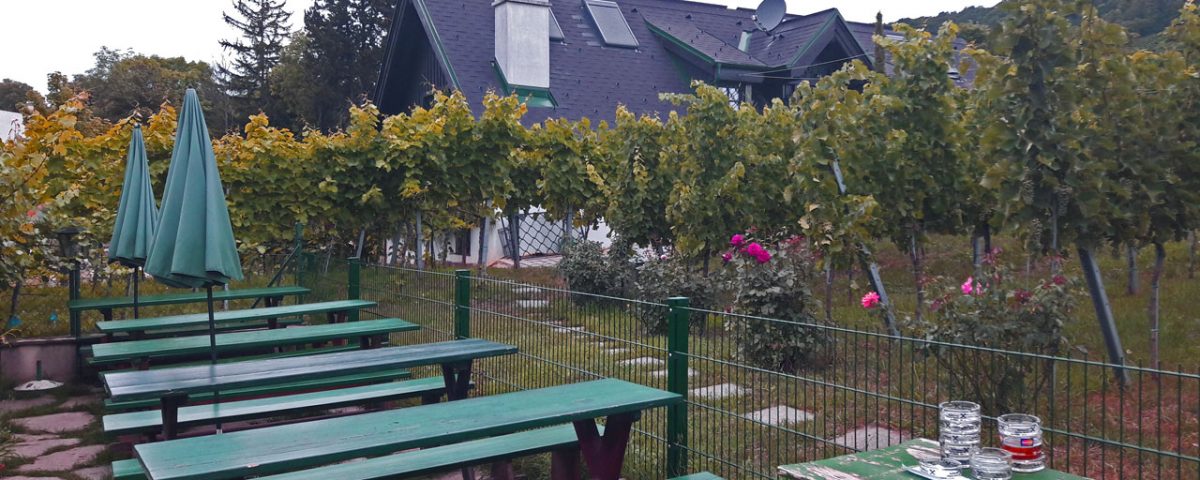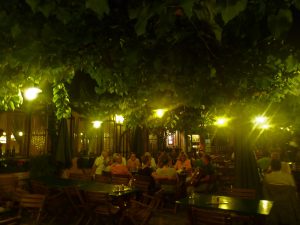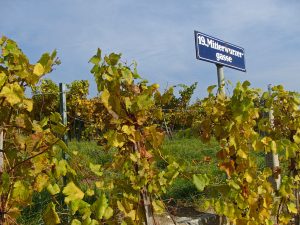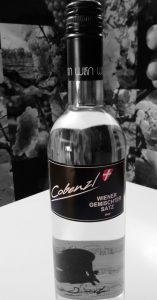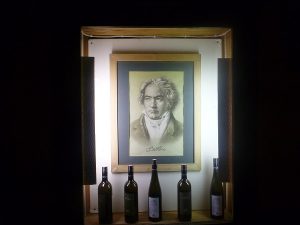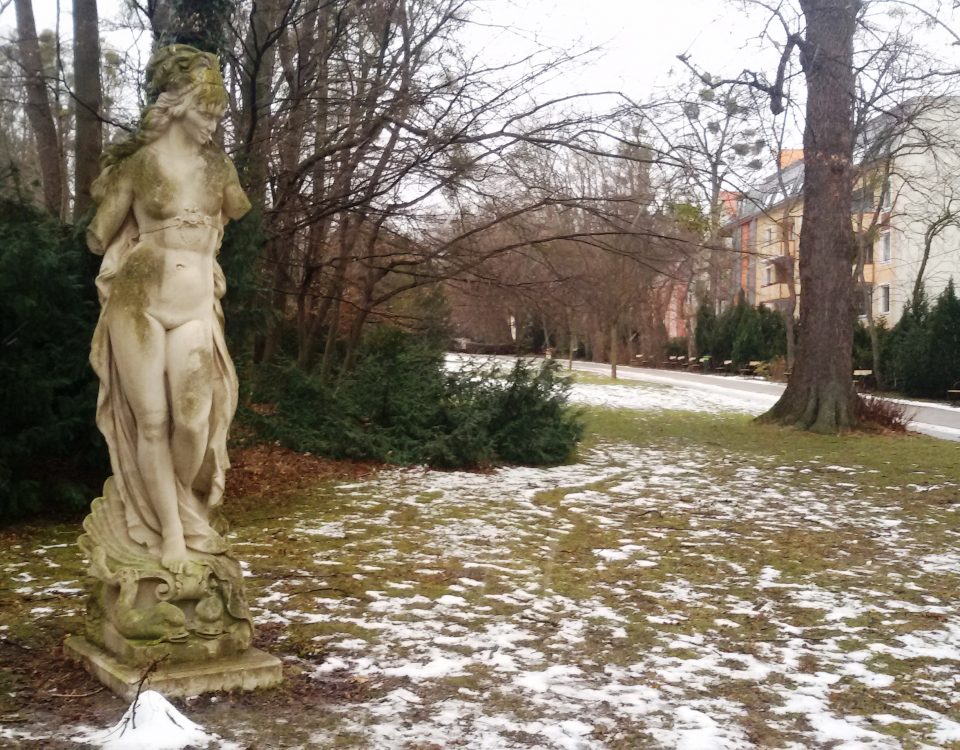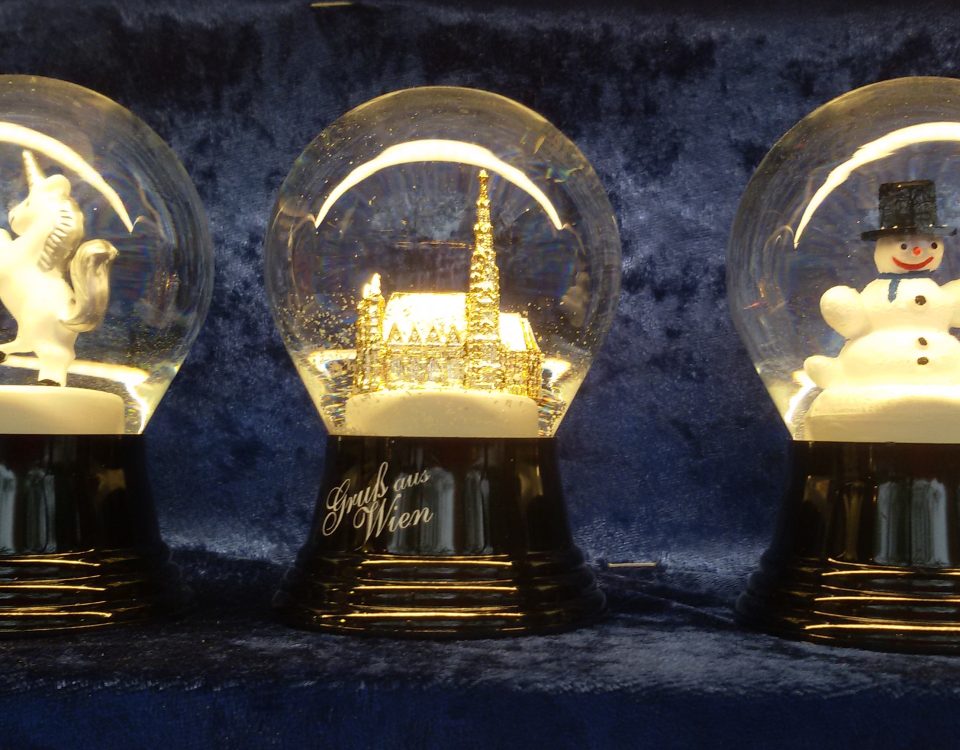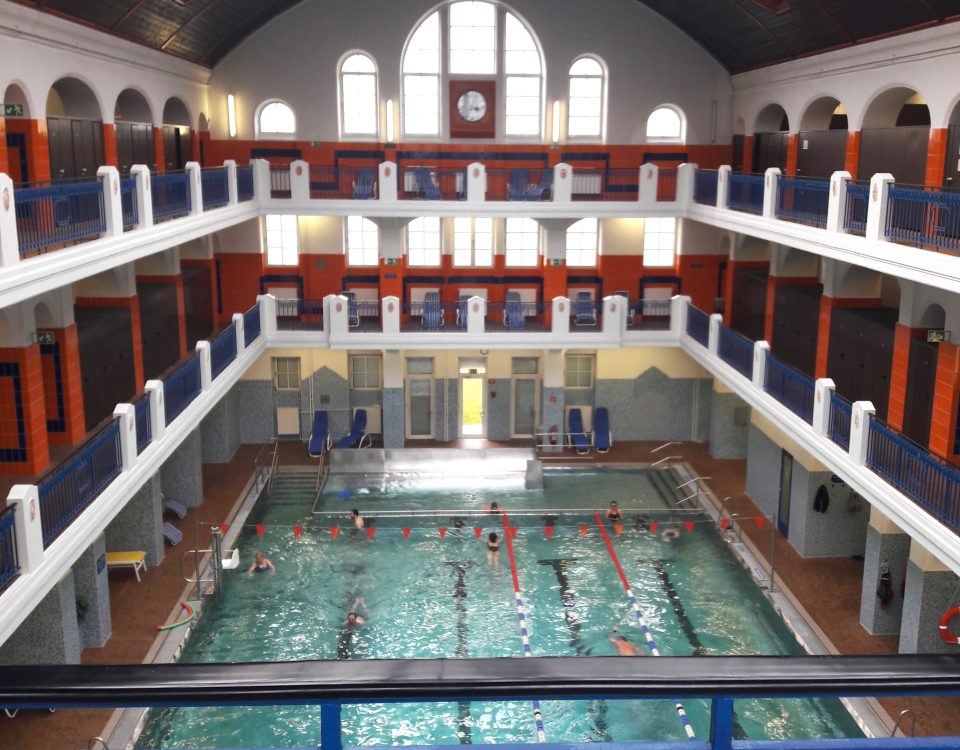The Heuriger feeling of Vienna

A journey in the Vienna Medical History
January 29, 2022
Vienna in “The 158 Pound Marriage”
June 9, 2022Imagine a courtyard shaded with vine plants, an old walnut tree, colorful flowers, wooden tables and chairs and Viennese songs performed live. To close the picture, you are sitting there in a warm evening in a soft yellow light and
drinking Gemischter Satz in pleasant company. This is the Heuriger feeling of Vienna!
The Heuriger is a tavern, where the wine grower offers his own wine. Typical Viennese food accompanies the wine and very often Viennese folk music is performed. The atmosphere is relaxed and casual; the wine is excellent. Spending evenings in such an ambience with friends and family is part of Viennese life.
The capital city of Vienna owns vineyards and produces wine. The best locations are on the slopes of the Vienna Woods – Nussberg, Neustift am Walde, Grinzing, Sievering.
The vineyards are within the boundaries of the city and the taverns are often nestled in the vineyards. The wine culture in the Vienna area has existed for more than 2000 years. The capital is famous for its white wines – Grüner Veltliner, Riesling, but mainly for its Gemischter Satz, a Viennese speciality. Grapes of different varieties are planted, harvested and vinified together – a field blend. In 2008, the Gemischter Satz was given a special seal of quality, the so called “Presidio-Product” by the Italian Slow Food Movement, which is the highest prize given.
On my Vienna by night tour you will enjoy an evening at a lovely Heuriger and will learn about the Viennese wine culture. On our way you will hear about local way of life and see places where Beethoven lived and worked.
Ludwig van Beethoven (1770-1827) was born in Bonn,
but spent most of his life in Vienna. All of his symphonies were composed and premiered in Vienna. He lived in several locations in Vienna. The Beethoven Museum in Heiligenstadt, 1190 Vienna, Probusgasse 6, is worth visiting. In 1802 he wrote there the Heiligenstädter Testament, a letter addressed to his brothers but never sent to them. He expressed his despair over his progressive deafness.
